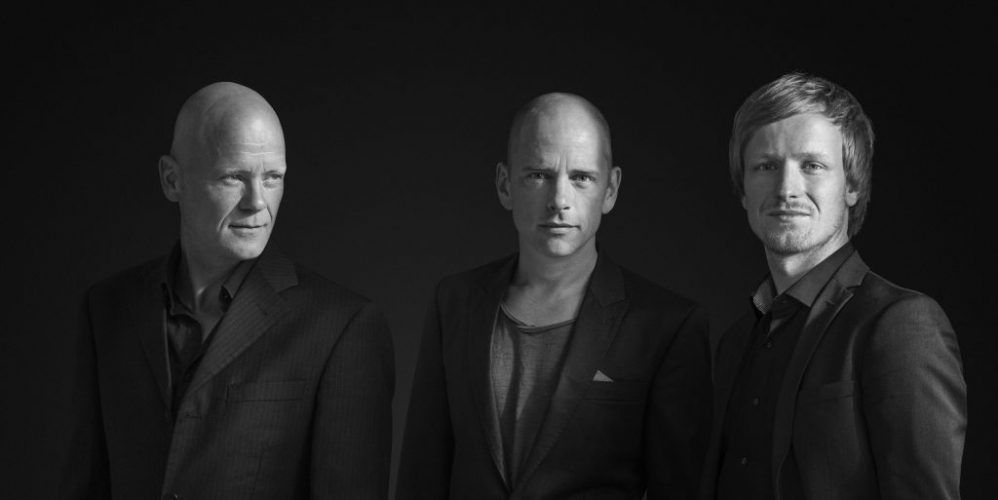On What Was Said (2016) Tord Gustavsen collaborated with vocalist Simin Tander. In that project the Norwegian pianist and the German Afghan singer explored the tradition of church music. Recently Gustavsen recorded a new instrumental album with his own trio. The music on The Other Side is also based on Norwegian hymns. A conversation with Tord Gustavsen about his ‘deeper standards’.

Is The Other Side about your ‘other’ musical side: being a church musician?
Partly, but it also refers to making a trio-album again after following side paths as a solo pianist and the project I did with singer Simin Tander. In a more fundamental way this album is about the other side of virtuosity: reducing improvisations and play in a more humble way. But most important is that the music on this album points to the other side of life: eternal sleep and the deep rest of where we come from and where we will return to. Death is often tragic. But it also points to an ocean of rest and a source of hope.

You call hymns and other church songs your ‘deeper standards’. What exactly do you mean with that phrase?
Norwegian church songs are played in many different versions and I don’t see them as fixed compositions. People have known this music since many generations. The hymns were a part of my life long before I was introduced to American jazz music. The melodies and the lyrics are deeply rooted in my soul. I had to distance myself from parts of the traditional church and its dogmas, but never left completely. And I have discovered a less dogmatic form of devotion, liberal but whole-hearted and connected to our roots – a form that can still live within the church in its liberal branches.. The church songs are my deeper standards both because of my life-long history with them, and the freedom with which I approach them.
How would you define devotion?
It is not easy to explain that, because it has personal, spiritual and therapeutic implications. Devotion is about surrendering to something that is larger and more fundamental than the ego. Devotion can be found in spiritual practise but also in music. This doesn’t mean that my fellow musicians have the same background as I have. But we definitely share this surrendering to the music as a huge envolding of sacred beauty.
I relate to your music because I share your church heritage, but what about people in your audience that are not familiar with these hymns? Is it more difficult for them to appreciate your music?
All the different ways of experiencing music are relevant in themselves. People can be touched, challenged, provoked or just pleasantly affected. All these elements are valid. We sometimes play in places where 70 till 80 percent of the audience are familiar with the lyrics or the melodies of the songs we play. But we also perform at venues where no one has pre knowledge or any relationship with the music. When I listen to Sufi music in a language that I don’t understand I can still get an instinct feeling of connection of being totally emerged in the chore of the music.
Did the project with Simin Tander inspire you to return to church music?
That was one of the starting points, yes. But the music of The Other Side is in a way also a continuation of my first three trio albums. and I have played in churches all my life, I did choir projects and I played solo meditational music, so in that sense this is just a continuation or a new chapter of something that has always been there.

Is this the first time that you use electronics on your trio album?
I started using some electronics around the time I developed the project with Simin Tander, integrating optical midi sensors with the acoustic piano. In that project we don’t have a bassist, so I play the bass role myself, from the piano and with deep-end synth-bass. In the trio we do have a bassist, but I still use the electronics to add textures and depth in a subtle way. If you turn it up on a good stereo system, it is clearly there, although not so easily noticeable on first listen.
What is your earliest musical recollection?
Playing the piano fourhandedly with my father. He laid the musical foundation on which I improvised.
Album:
The Other Side
Tord Gustavsen Trio – ECM






